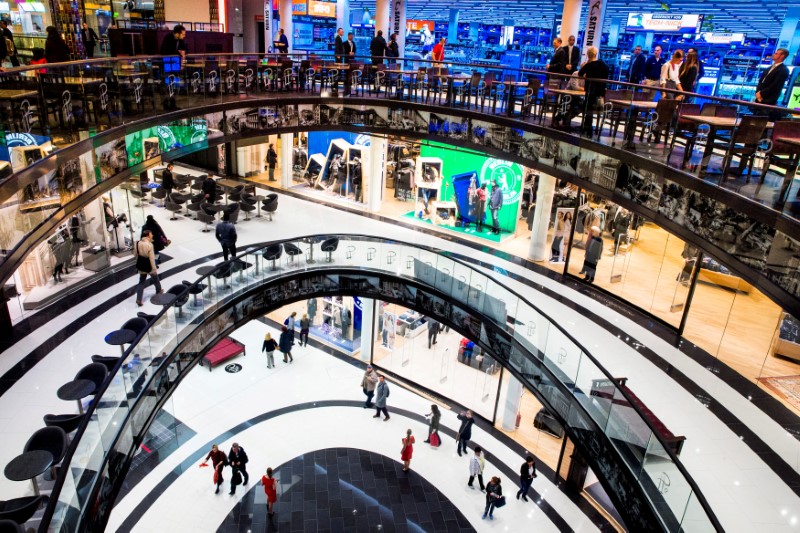By Paul Carrel
BERLIN (Reuters) - German business confidence hit a record high in November putting Europe's largest economy on track for a boom, the Ifo economic institute said on Friday, allaying some concerns about political instability over forming a new government.
Ifo said 90 percent of responses to its monthly survey of some 7,000 firms came before the collapse late on Sunday of talks on forming a three-way coalition.
But the Nov 6 to Nov 23 survey period did come as questions were being raised about what kind of government would come.
The institute's chief delivered an upbeat outlook.
"The German economy is on track for a boom," Ifo president Clemens Fuest said in a statement, forecasting economic growth of 0.7 percent in the final quarter of this year after 0.8 percent in the July-September period.
The Munich-based institute said its business climate index rose to 117.5 from an upwardly revised reading of 116.8 in October. This was higher than a Reuters consensus forecast for a value of 116.6.
A business expectations reading surged to 111.0 from 109.2. The business confidence reading caps a positive batch of German economic data this week.
On Thursday, official data showed exports and rising business investments were the main drivers of growth in the third quarter, signaling that the robust upswing will extend well into next year.
Markit's flash composite Purchasing Managers' Index, released on the same day, also showed an economy firing on all cylinders as factories churned out goods at the fastest pace in nearly seven years in November.
UNCERTAINTY
Overshadowing the strong numbers is political uncertainty after conservative Chancellor Angela Merkel failed to form a coalition government with the pro-business Free Democrats (FDP) and the ecologist Greens.
But easing that somewhat, a senior member of the center-left Social Democrats (SPD) said early on Friday they are ready to hold talks with other parties on breaking political deadlock.
President Frank-Walter Steinmeier, who is trying to broker a deal, is keenly aware the source of Germany's international clout is its economic power and that businesses want a stable coalition soon to end the uncertainty and avoid another poll.
Steinmeier met SPD leader Martin Schulz for talks on Thursday and will meet parliamentary party leaders next week as he pushes political leaders to forge a deal and avoid new elections.
"Looking ahead, filled order books and low inventories should keep the manufacturing sector an important growth engine," said ING economist Carsten Brzeski.
"However, the fiscal stimulus which we had previously expected, will now clearly be delayed – though not aborted - due to the political impasse in Berlin," he added.

In a sign of the economy's robust health, engineering group Thyssenkrupp (DE:TKAG) on Thursday reported its highest annual order intake in five years.